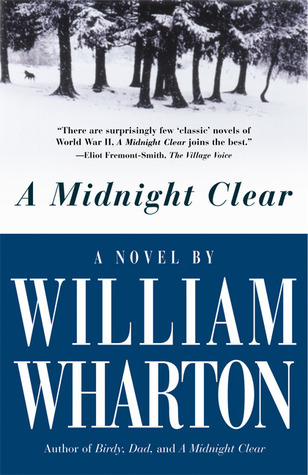
Red Sky at Morning
Book Description
A boy’s world shatters as a war-torn summer unfurls around him. In a small New Mexico town, tensions rise when his father’s military career collides with childhood innocence, leaving loyalties tested and friendships fractured. The skies burn red with the promise of turmoil as lost love, betrayal, and the quest for identity threaten to engulf him. Each page brims with raw emotion and relentless suspense, drawing readers into visceral conflicts that echo beyond the desert landscape. As loyalty hangs in the balance and bonds are pushed to the brink, will hope rise from the ashes of despair?
Quick Book Summary
"Red Sky at Morning" by Richard Bradford is a poignant coming-of-age novel set during World War II in the rural landscape of Sagrado, New Mexico. The story follows sixteen-year-old Josh Arnold, whose orderly life in Alabama is upended when his father, Frank, enlists in the military, entrusting Josh and his mother, Ann, to carry on in his absence. Thrust into a new and unfamiliar community rich with vibrant characters and unique customs, Josh is forced to navigate prejudice, adolescent love, loss, and the shifting dynamics of friendship. As the war rages abroad, personal battles arise at home, testing Josh’s sense of loyalty and identity. Through moments both humorous and heartfelt, Bradford masterfully explores the transformative power of adversity and the resilience needed to find hope amid chaos.
Summary of Key Ideas
Table of Contents
Coming of Age in Turbulent Times
Josh Arnold’s adolescence is disrupted when his father, Frank, decides to serve in World War II, uprooting Josh and his emotionally fragile mother, Ann, from their comfortable southern home to the remote town of Sagrado, New Mexico. Adjusting to the arid desert landscape and cultural diversity proves challenging for both, but especially for Josh, who is tasked by his father to be "the man of the house." The pressures of sudden maturity coincide with the strain of watching his mother’s health deteriorate, compounding his internal struggle.
Clash of Cultures and Prejudice
Life in Sagrado introduces Josh to an array of colorful locals, including his boisterous friend Steenie, the irrepressible Chango, conflicted romantic interests, and the deeply moral painter, Amadeo Montoya. Navigating this multicultural environment exposes Josh to the persistent divisions and prejudices present in small-town America, challenging his perspectives on race and class. Bradford uses these tensions to explore how genuine connection can override tribalism, even as divisions persist.
Family, Loss, and Responsibility
As Josh assumes more responsibility at home, he is forced to confront the limitations of adulthood and the pain of personal loss. His mother’s decline and the growing uncertainty about his father’s fate intensify his sense of isolation, hastening the end of his innocence. Through confrontations with grief and the realities of war, Josh learns the resilience needed to face a future fraught with unknowns, representing the universal journey from boyhood to maturity.
Friendship, Loyalty, and Change
Friendships hold a complex and shifting role in the story. Josh's bonds are tested as loyalties are strained by jealousy, betrayal, and misunderstanding. The war and the pressures it exerts on the community push these relationships to their breaking points, forcing Josh to reevaluate whom he can trust. Bradford deftly captures the bittersweetness of young love and the challenges of maintaining connections in turbulent times, highlighting the support systems that both comfort and confound us as we grow.
Humor as Survival and Resilience
Woven throughout the narrative is a thread of gentle humor and irreverence that both counteracts and accentuates the novel’s somber themes. Bradford uses wit and irony not merely for comic relief, but as a survival mechanism for his characters, showcasing how laughter can coexist with loss and uncertainty. In the end, Josh’s journey is as much about finding hope and meaning in adversity as it is about learning to accept the ambiguities of life, reflecting the resilience of the human spirit in the face of change.
Download This Summary
Get a free PDF of this summary instantly — no email required.





